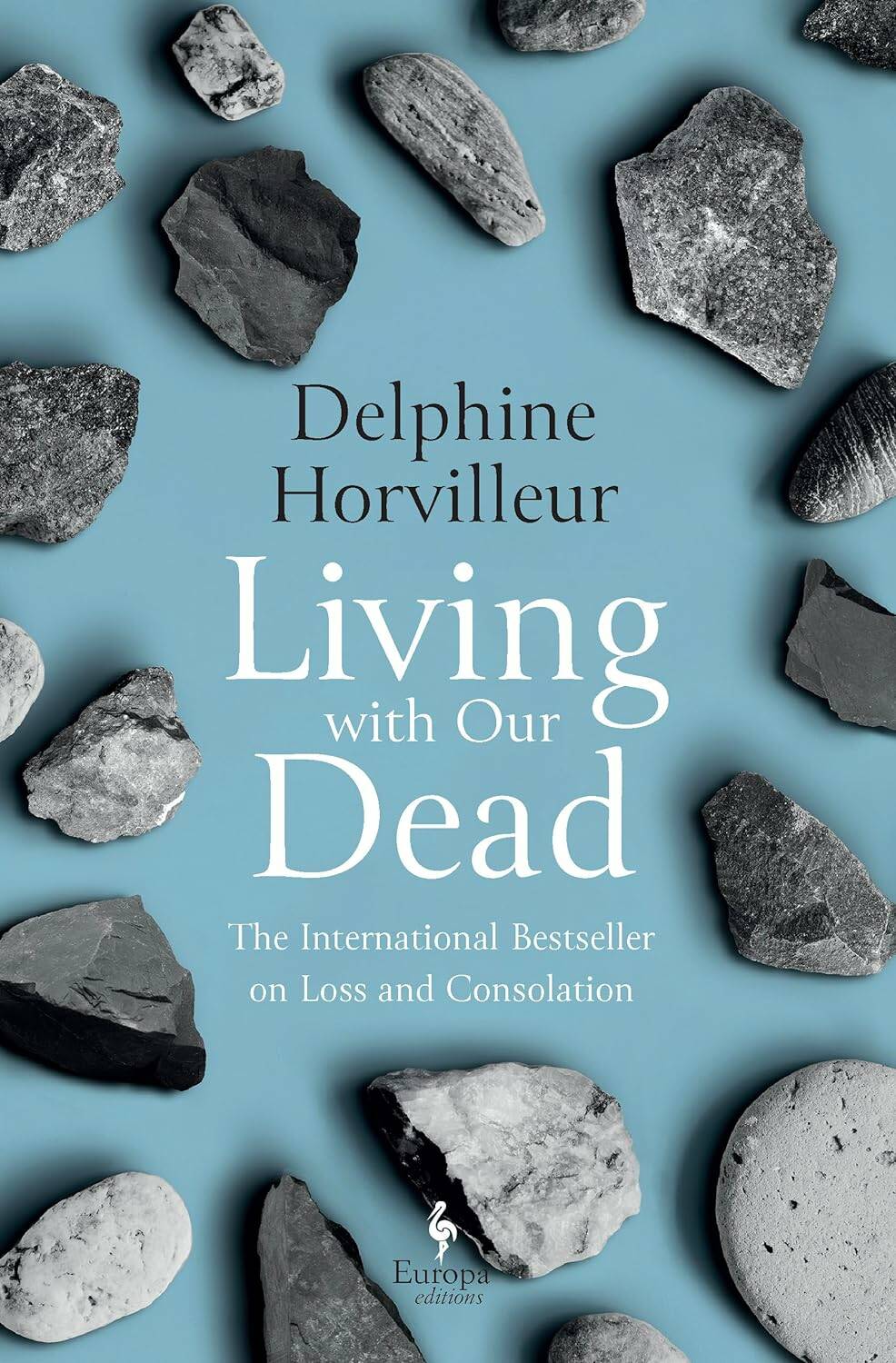Accepting death’s mysteries makes us human
Advertisement
Read this article for free:
or
Already have an account? Log in here »
To continue reading, please subscribe:
Monthly Digital Subscription
$0 for the first 4 weeks*
- Enjoy unlimited reading on winnipegfreepress.com
- Read the E-Edition, our digital replica newspaper
- Access News Break, our award-winning app
- Play interactive puzzles
*No charge for 4 weeks then price increases to the regular rate of $19.00 plus GST every four weeks. Offer available to new and qualified returning subscribers only. Cancel any time.
Monthly Digital Subscription
$4.75/week*
- Enjoy unlimited reading on winnipegfreepress.com
- Read the E-Edition, our digital replica newspaper
- Access News Break, our award-winning app
- Play interactive puzzles
*Billed as $19 plus GST every four weeks. Cancel any time.
To continue reading, please subscribe:
Add Free Press access to your Brandon Sun subscription for only an additional
$1 for the first 4 weeks*
*Your next subscription payment will increase by $1.00 and you will be charged $16.99 plus GST for four weeks. After four weeks, your payment will increase to $23.99 plus GST every four weeks.
Read unlimited articles for free today:
or
Already have an account? Log in here »
Hey there, time traveller!
This article was published 18/05/2024 (557 days ago), so information in it may no longer be current.
Death is the ultimate bookend to the human experience. In various stages of our lives, it tends to draw our mind’s focus quietly; perhaps as we come to terms with our own mortality following adolescence, or as loved ones begin to pass in adulthood.
To speak about it can render us morbid, comedic, poetic or absurd. We have trouble rationally processing what it means to leave — or be left behind.
For French rabbi Delphine Horvilleur, our inability to make meaning of death is premised on the fact we simply don’t have the language to speak about the nature of it. “Death escapes words, precisely because it signals the end of speech,” she writes in Living with Our Dead: On Loss and Consolation.

Living With our Dead
But the end of life still occupies our thoughts. It is never too far away; the mystery of what happens to us following our body’s surrender to time or trauma is omnipresent. In her latest offering (translated by Lisa Appignanesi) Horvilleur, one of France’s only female rabbis and most certainly of the liberal ilk, provides questions rather than answers as a means to help us cope with the foreverness of dying.
In Living with Our Dead, Horvilleur shares a series of stories of working with various individuals and families during periods of grief and loss. She attempts to tell the story of how life and death coexist — that “[i]t’s when life and death hold hands that history can go on.”
Our struggle and rebuke of death is an ancient pursuit. We push death away and deny its legitimacy until it reveals itself suddenly. We are shocked, devastated, fearful and, according to Horvilleur, simply not prepared to deal with the reality of leaving this world. “Part of being human is to believe that you can keep death at a distance,” she writes. “By delimiting its territory, we think we can constrain it to its own limits.”
Despite her steadfast dedication to Judaism — this work is a brilliant window into the ancient religion for gentiles like this reviewer — Horvilleur refuses to bring certainty to any notion of the afterlife. Leaning heavily on a spiritual secularism, she makes room for the unknown. There is space to resist the dogma and oppression of religions which profess damnation for making mistakes.
Elegantly, Horvilleur argues that “[s]ecularism means that our lives are not saturated with convictions or certitudes. It prevents a single faith or affiliation from taking up all the breath space… It affirms that a territory bigger than my belief exists, spacious enough to welcome in someone from another faith.”
There is comfort in knowing the unknown. And there is strength in accepting the mystery of the universe. Secularism is not the absence of religion, but an openness and curiosity to what might be.
And through a variety of experiences whereby Horvilleur supported families at funeral services and the preparation of them, she makes the case that grieving and celebrating need to embody the whole life. That fixation on the end does not honour those who have passed, and can place an imbalance in our lives. Life and death coexist, and accepting the mystery of what is to come can help us make meaning — despite meaning’s elusive nature.
Given this, Horvilleur also makes the case to keep honorific rituals simple. “This attempted organization of death speaks first and above all of a refusal to accept it,” she writes. What strange lands we live in when we ask those who are grieving to plan an elaborate party that would be tricky at the best of times. As Horvilleur posits, “we need to respect the wishes of the dead, but also to recognize the limits of what they can impose on us, and the possibility of choosing life.”
The humility offered in Living with our Dead is a comfort to those in the midst of grief, preparing for it or thinking daily about what happens next. Is this all of us? Surely. The comfort and dignity in the unknown is refreshing, as it is bathed in a deeply spiritual and cognitive mist that allows the reader to imagine, to breathe, to come to terms with mortality.
Horvilleur provides the reader with the intellectual tools to overcome despair, not with the armour of concreteness, but with an invitation to be human: “I mistrust all those who say that dying can be learned and that there are fool-proof methods for coming to terms with it.”
Matt Henderson is superintendent of Winnipeg School Division.

